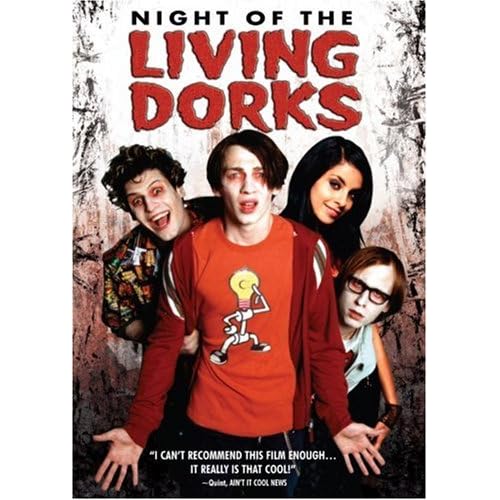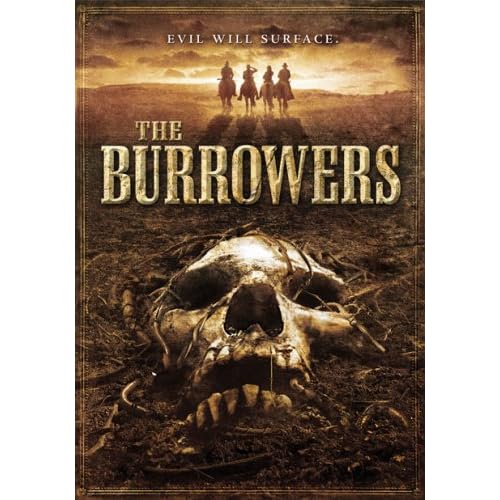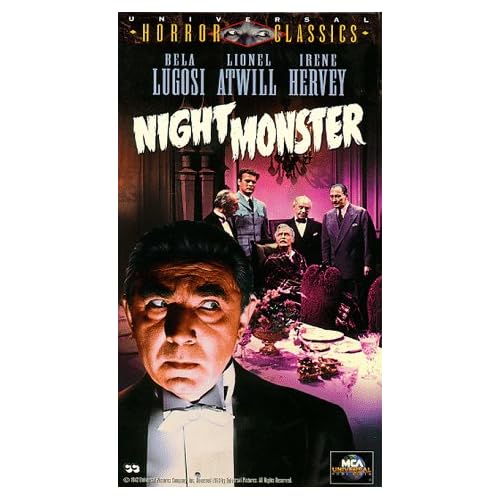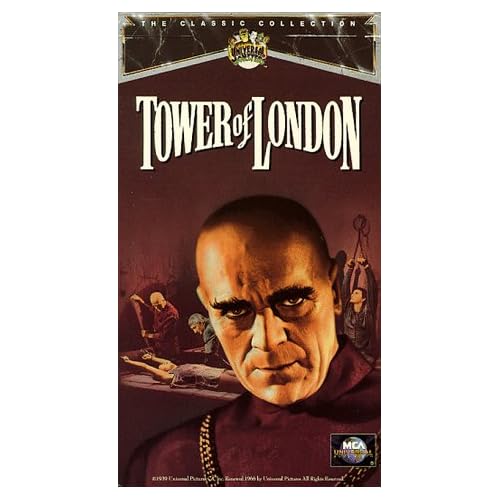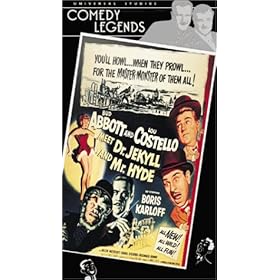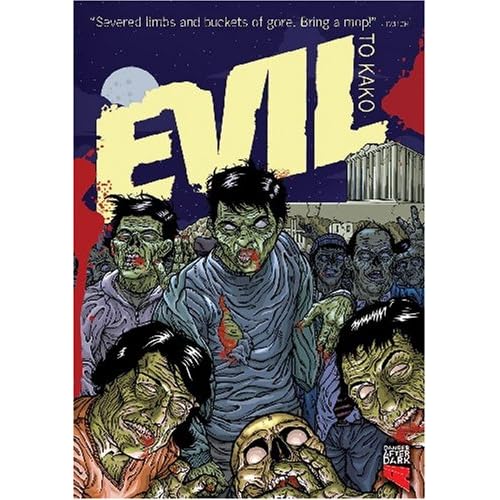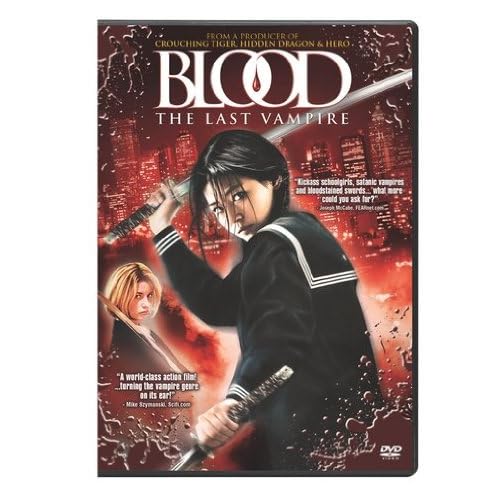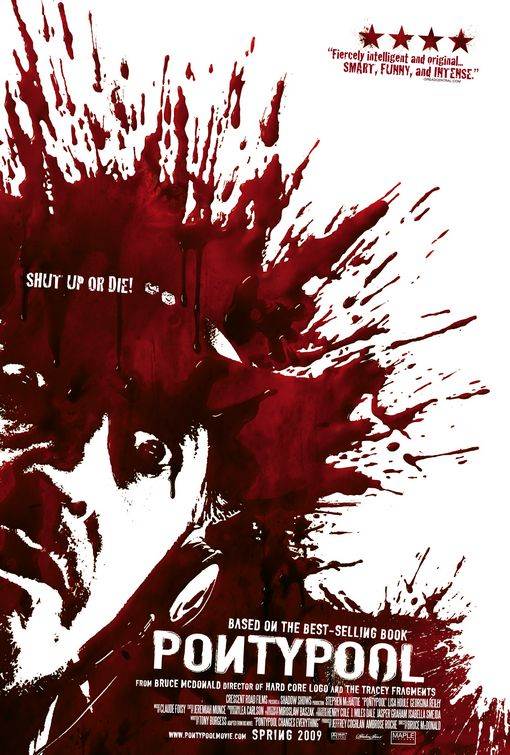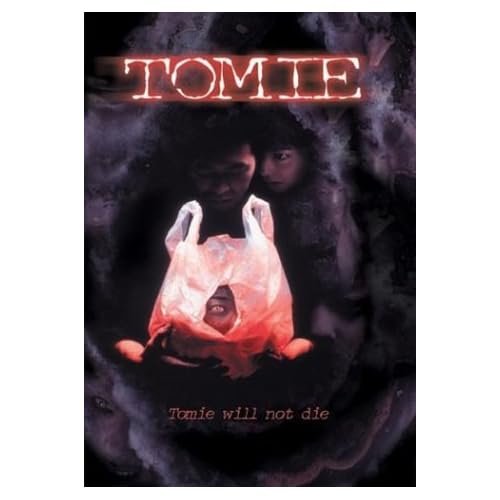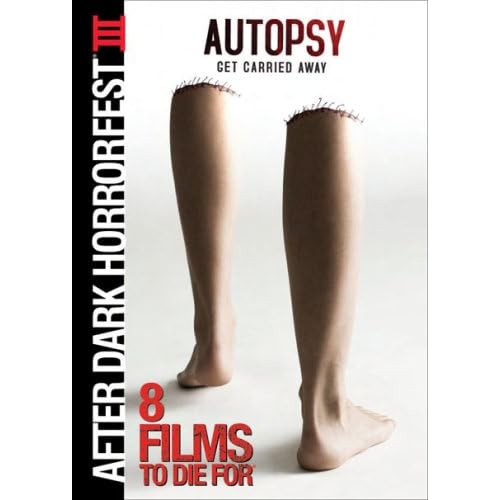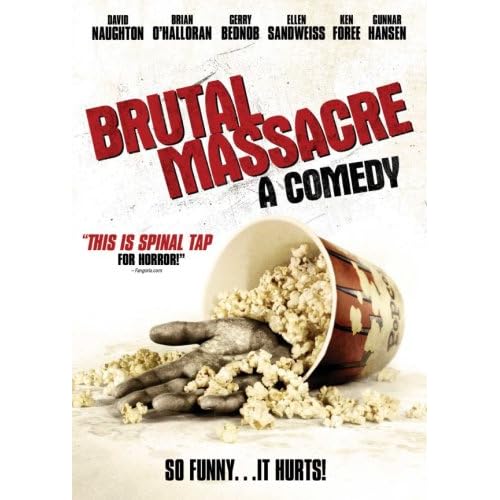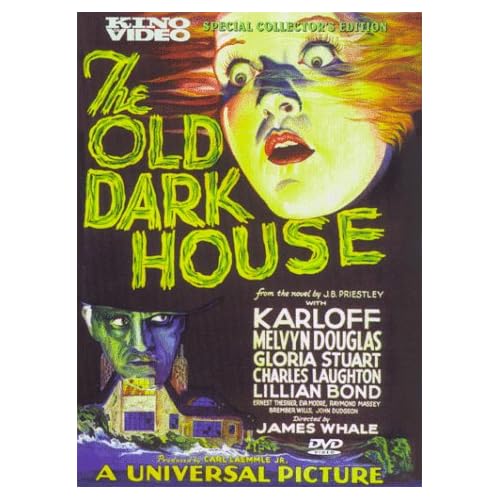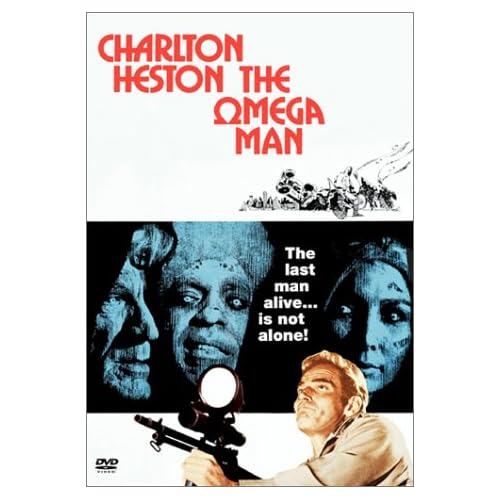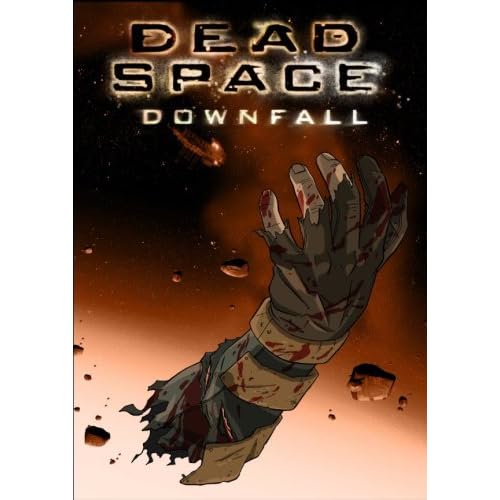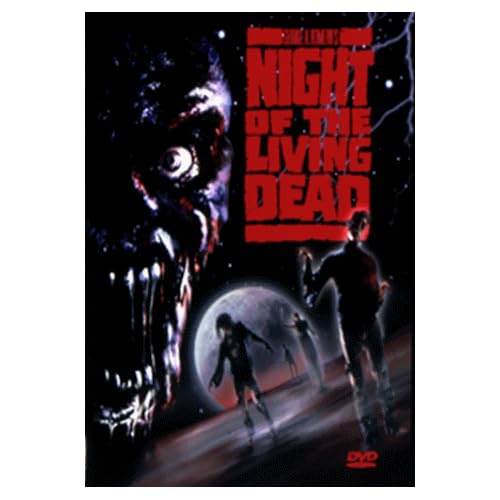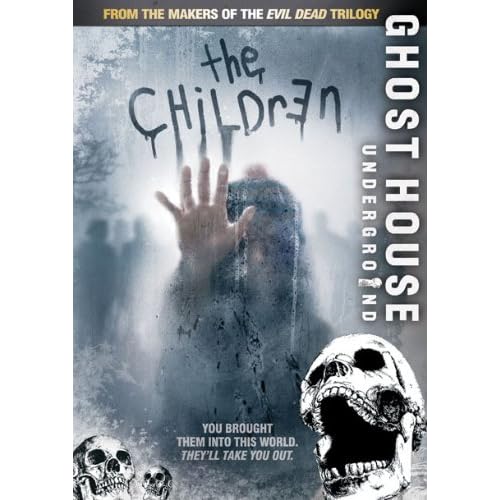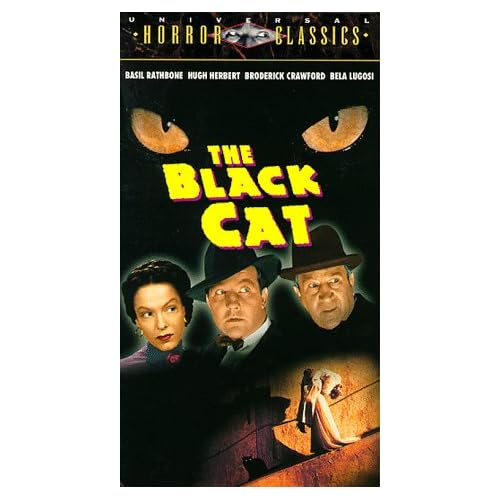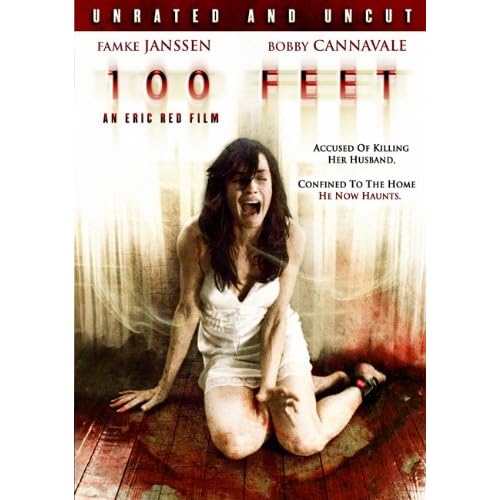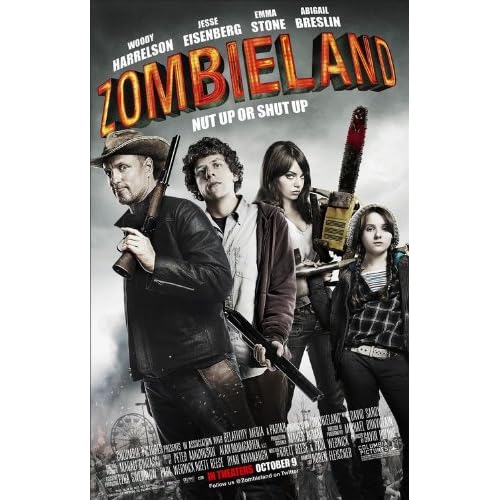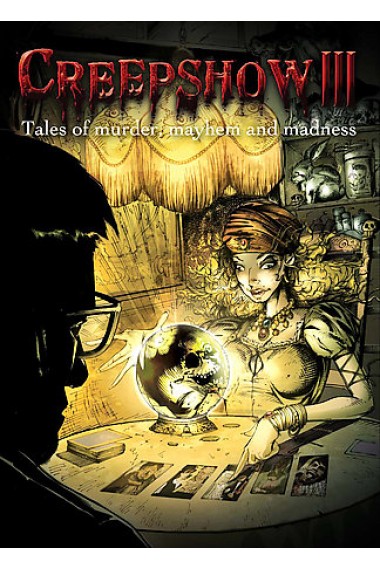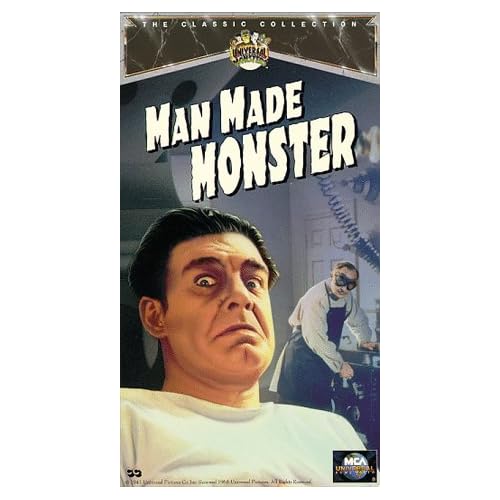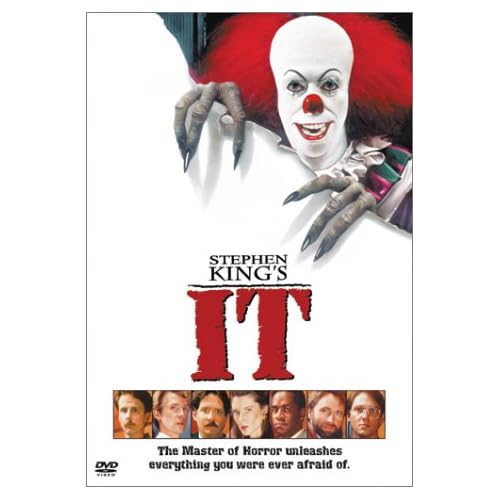
"Those who don't learn from history are doomed to repeat it." Next to the "great power and responsibility" chestnut, this is one of cinema's favorite cliches, not to mention the central theme behind Stephen King's It. The reason why most people are afraid of clowns these days, It focuses on a group of seven friends who, as children, teamed-up to stop a child-murdering demon. They thought the beast was gone for good, until a new wave of killings begins in their old hometown. The now adult chums are forced to head back and face the monster once again, but fighting it will be a challenge. What they're up against is quite literally the sum of all fears, as the more it toys and scares its potential victims, the more unstoppable a force it evolves into.
I've found Stephen King's works easier to adapt than those of Clive Barker. The latter's scope is more often than not limited by budgetary constraints; King can get a little grandiose, but humanity remains the key to his tales. It is just such an example, coming dangerously close to living up to the man's macabre vision. The first part is told mostly through flashback, as the seven friends reflect on their first encounter with the demon as they're each summoned for round two. Through its grim depiction of childhood memories, it gives the notion of nostalgia a good kick in the pants, suggesting that not everything's as rosy as our minds like to tell us. Scariest of all, though, is the demon's most prominent visage, a clown named Pennywise played by Tim Curry. His every appearance is an excuse to hike up the covers, and Curry plays him with a precise balance of menace and dark comedy.
But as it progresses, it gets harder and harder for It to cross the finish line in one piece. This is partially due to the old issue of too much material and not enough time to cover it in. Even at a little over three hours, It just can't seem to touch upon everything it wants to. You always feel like you should've read the book, as numerous subplots and concepts are somewhat addressed then abandoned faster than a Pauly Shore retrospective. These barely mask how little of a main story there actually is; once the characters conquer the demon as kids, they pretty much just go at it again as adults, the interim populated with constant flashbacks that get old fast. It also doesn't help that the acting can get hilariously awful. The grown-ups fare alright, with good turns from Tim Reid and Harry Anderson, but It features some atrocious child acting, lending the project more of a comedic bent than it likely intended.
It revolves around childhood fears come to life, and in doing so, both kids and adults will be equally effected. I recall catching an unsettling image or two before flipping the station as a young one, and now that I'm older, I can appreciate the flick's more mature overtones. But It has a reputation that it just didn't live up to in my book. Freaky? Yes, and often so, but the repetitive plot and some gut-busting performances undermine what I actually hope someone will one day remake into the truly haunting masterpiece this story deserves to be.



